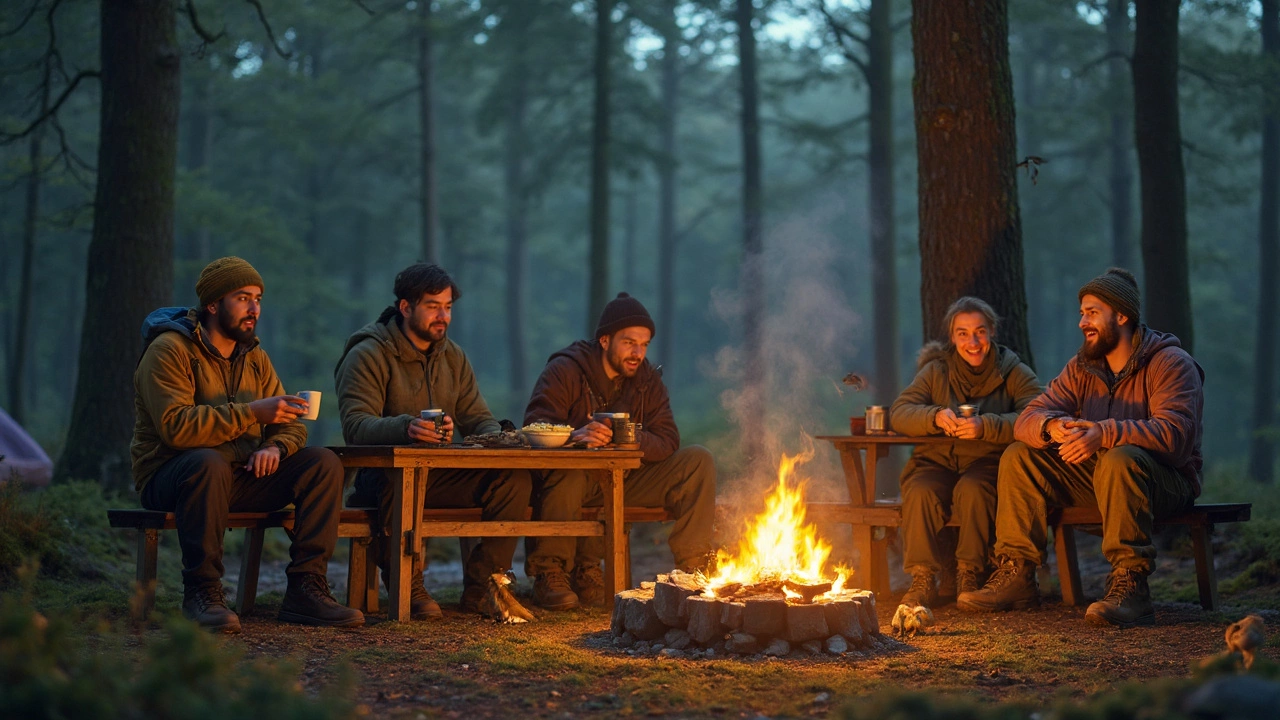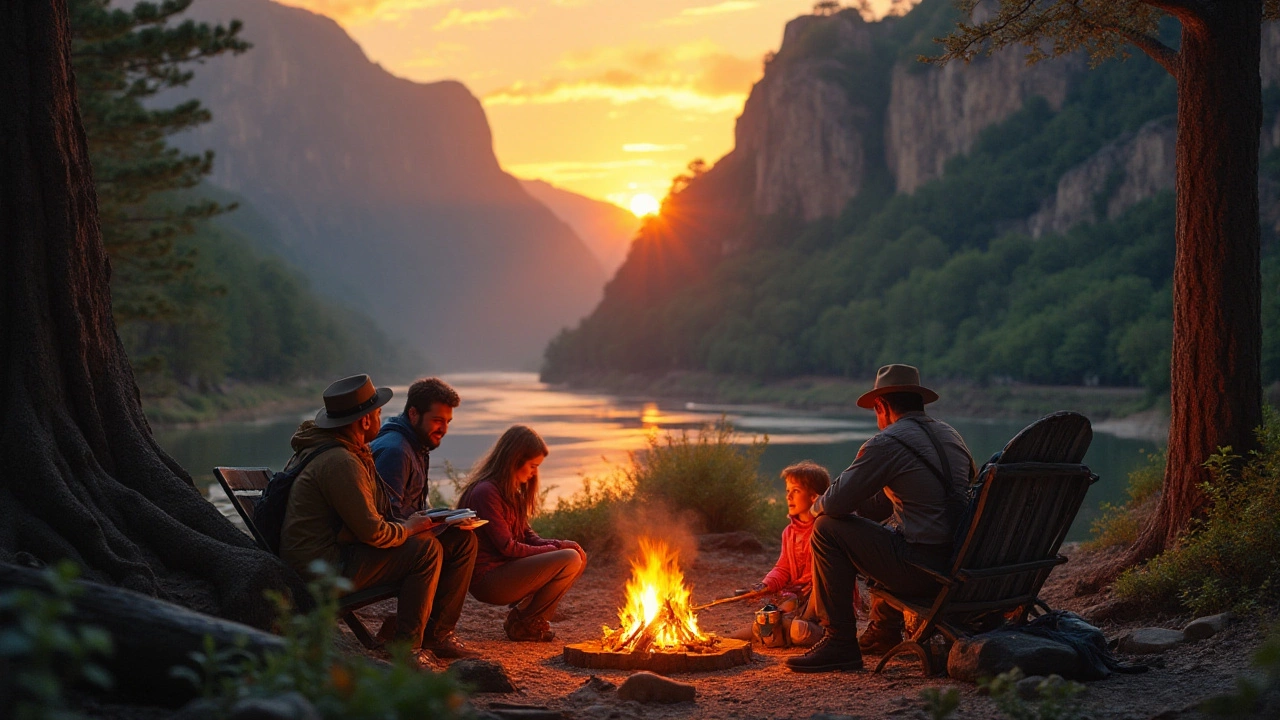Fire Safety Tips for Motorhome and Camping Adventures
Whether you’re cruising in a motorhome or pitching a tent, a fire can turn a dream holiday into a nightmare in seconds. The good news? Most fires are preventable with a few simple habits. Below are the must‑know steps that keep flames under control and give you confidence on the road.
Check Your Gear Before You Go
Start every trip with a quick fire‑gear audit. Look at the stove, heater, and any portable generators. Make sure all fuel lines are tight, no leaks, and that you’re using the right fuel type – never mix petrol and diesel. For a motorhome, test the built‑in smoke detector and replace batteries if needed. A small fire extinguisher rated for Class A (trash) and Class B (flames from liquids) should sit within arm’s reach, not hidden in a cupboard.
Safe Cooking Practices
Cooking is the number one cause of campsite fires. Keep your grill or stove on a flat, non‑flammable surface and never leave it unattended. Use a windscreen to control flare‑ups, and keep a bucket of water or sand nearby. When cooking inside a motorhome, always open a window or vent to clear propane fumes. If you hear a hissing sound, turn off the gas and check for leaks before you light anything.
Kids love to help, but their curiosity can spark danger. Teach them to stay at least three metres from any open flame and to never play with matches or lighters. When travelling with a baby, as covered in our "Camping With a Baby" guide, keep the sleeping area free of any heat sources – a small heater placed too close to a cot can become a fire hazard.
Another easy safety boost: keep a fire‑blanket in your kit. It can smother a small stove fire before it spreads and works well for grease fires that water can’t handle.
Electrical and Heating Safety
Plugging into a campsite hook‑up? Double‑check the voltage and plug type – using the wrong adapter can overload the system and spark a fire. Our "What Plug Do I Need for a Campsite?" post explains the common UK and EU plugs, so you won’t be guessing.
Many motorhomes use diesel heaters. Follow the manufacturer’s checklist: clean the burner, replace filters, and ensure proper ventilation. A blocked vent can cause carbon monoxide buildup, which often accompanies fire risk.
In Case of an Emergency
If a fire starts, stay calm and act fast. Alert everyone, grab the fire extinguisher, and aim at the base of the flames. Never use water on electrical or grease fires – use the extinguisher or a fire blanket instead. If the fire grows beyond control, evacuate immediately and call emergency services. Have a printed emergency contact sheet in a waterproof pouch; phones can die in smoke.
After the fire is out, check for damage before you resume your trip. Look for scorch marks on wiring, gas lines, or the chassis of your motorhome. A quick professional inspection can prevent a repeat incident.
Fire safety isn’t about being scared; it’s about being prepared. By checking gear, cooking wisely, managing electricity, and knowing the right response, you keep the blaze in the grill and not in the campsite. Ready to hit the road with confidence? Pack these tips, enjoy the freedom of motorhome travel, and stay safe every mile of the way.

